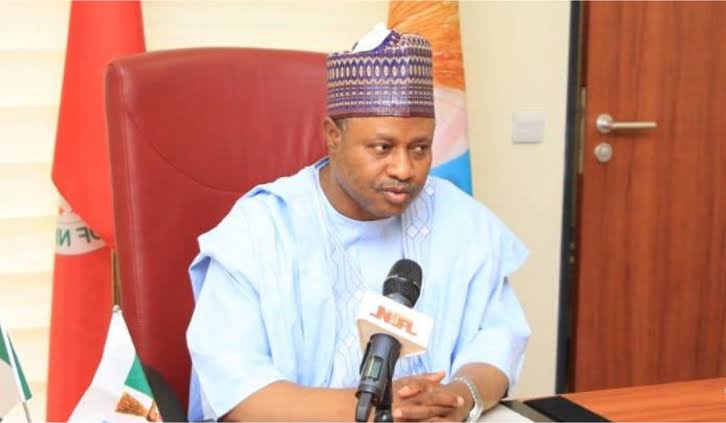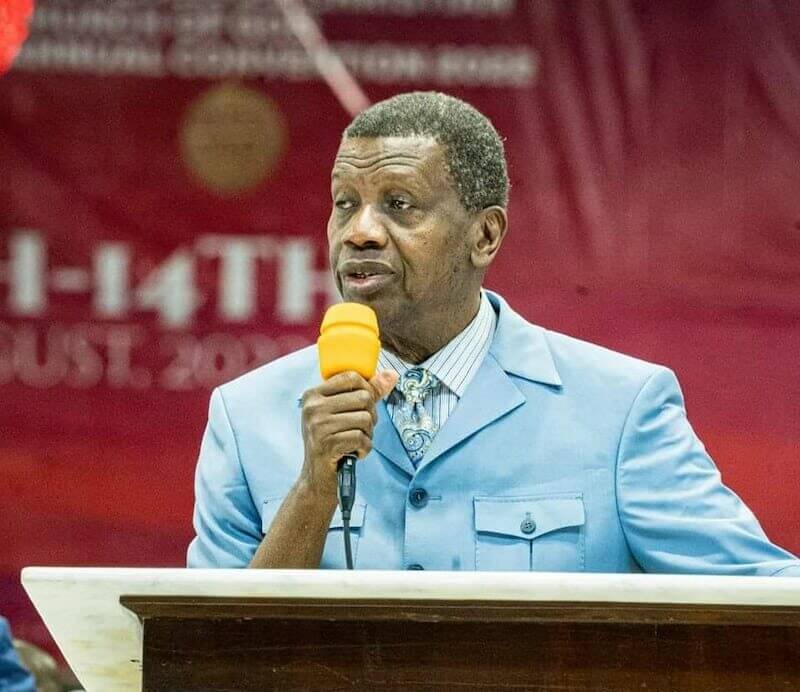- The IMF has clarified that Nigeria’s recent fuel subsidy removal was a decision made independently by the Nigerian government
- The Bretton institution explained that there was no directive form the IMF for President Tinubu to make decision
- Since the removal of fuel and naira subsidy, the cost of living in Nigeria has become more tougher for Citizens
Legit.ng journalist Dave Ibemere has over a decade of business journalism experience with in-depth knowledge of the Nigerian economy, stocks, and general market trends.
The International Monetary Fund (IMF) has dismissed suggestion that it played a role in President Bola Tinubu administration decision to remove fuel subsidy.
Abebe Selassie, the IMF’s Director for the African Region stated this while speaking at the IMF and World Bank Annual Meetings in Washington D.C.

Source: Getty Images
IMF reactions comes amid widespread criticism of Nigeria’s fiscal reforms, which have triggered inflation and increased economic hardship for many citizens.
The petrol pump price at filling stations rose between from N197 to current price of N1200 and N1,300.
Selassie stressed that IMF’s involvement with Nigeria is limited to routine economic dialogue rather than policy mandates.
He said.
“The decision was a domestic one. We don’t have programmes in Nigeria. Our role is limited to regular dialogue, as we have with other nations like Japan or the UK."Selassie acknowledged the IMF’s guidance on managing public resources but emphasized that the subsidy removal was part of the Nigerian government’s own strategy for economic sustainability.
He added:
“Ultimately, these are profound domestic and political decisions that the government had to make."IMF advises Nigerian government
Selassie noted that such measures aim to improve public resources for Nigeria’s development.
While recognizing the immediate challenges posed by the reform, Selassie urged the Nigerian government to consider implementing social support systems to ease the burden on vulnerable groups.
He said:
“We recognise the significant social costs involved we encourage that government expand social protection to help those most affected by the transition."IMF predicts naira stability
Legit.ng reported that the Central Bank of Nigeria's efforts to clear foreign exchange backlogs and recent interest rate hikes are credited with stabilising the naira.
According to the fund, the CBN's efforts to pay down past-due foreign exchange loans have been essential to maintaining the stability of the currency.
Furthermore, foreign exchange turnover dropped precipitously from Tuesday's $176.15 million to Wednesday's $136.68 million, a 22.41% decrease.
PAY ATTENTION: Сheck out news that is picked exactly for YOU ➡️ find the “Recommended for you” block on the home page and enjoy!
Source: Legit.ng
















 English (US) ·
English (US) ·